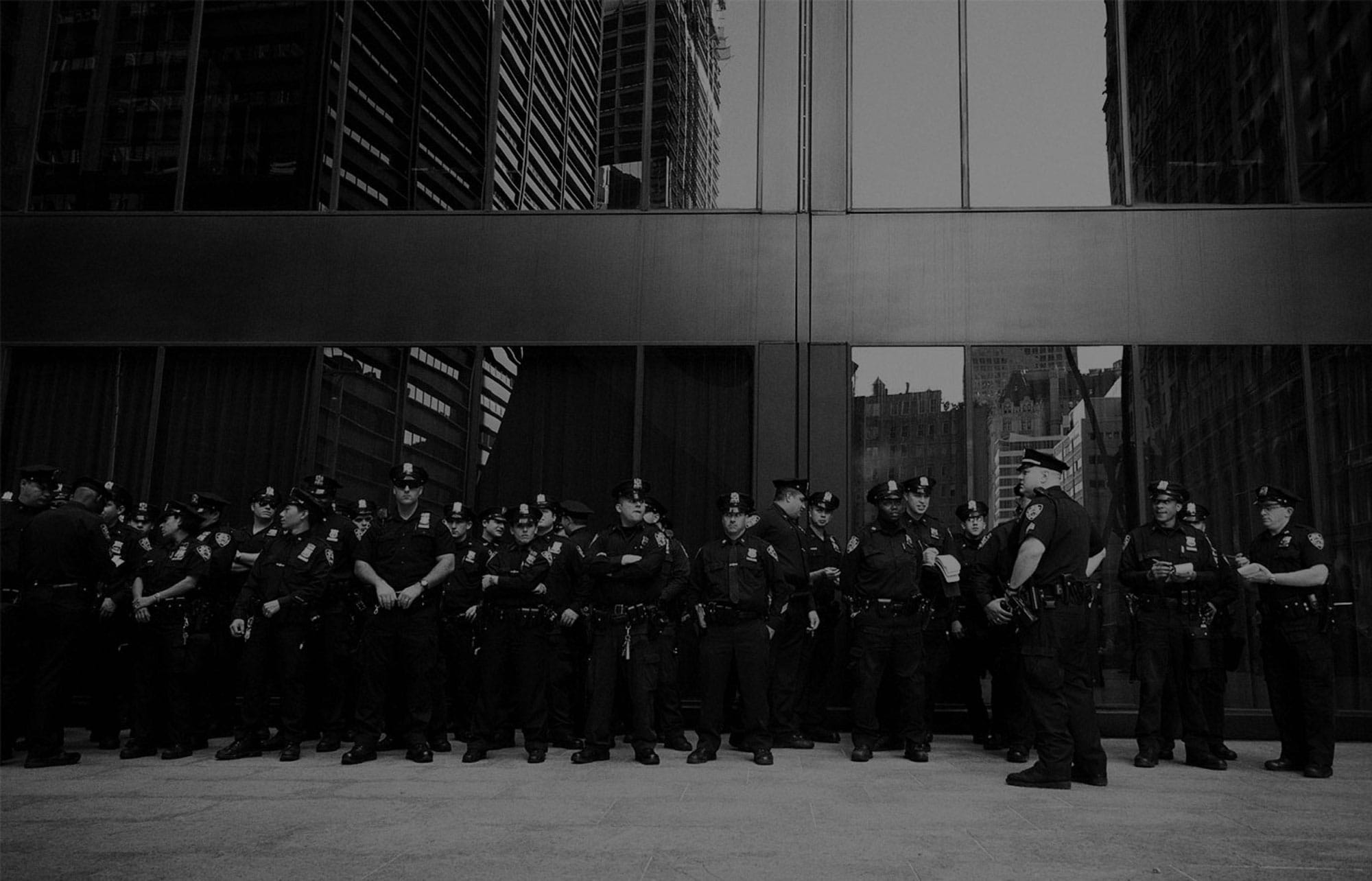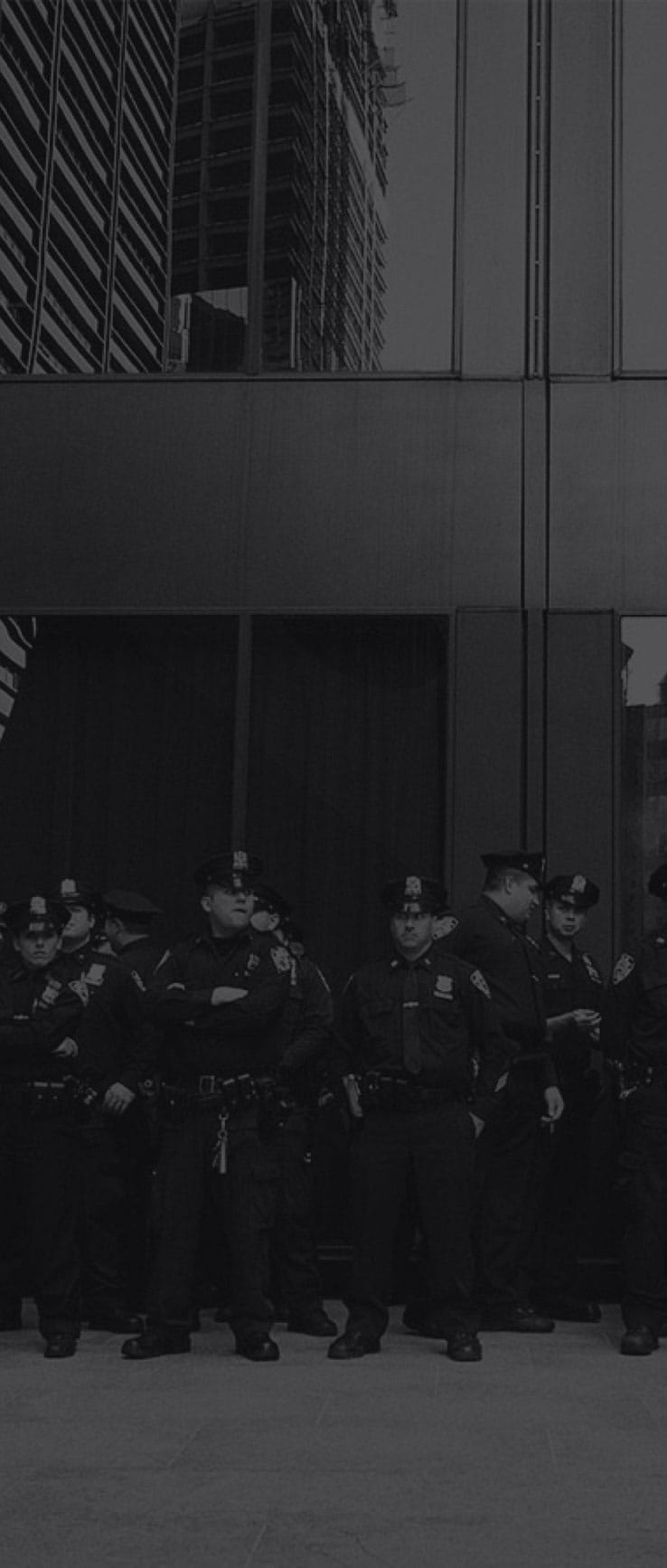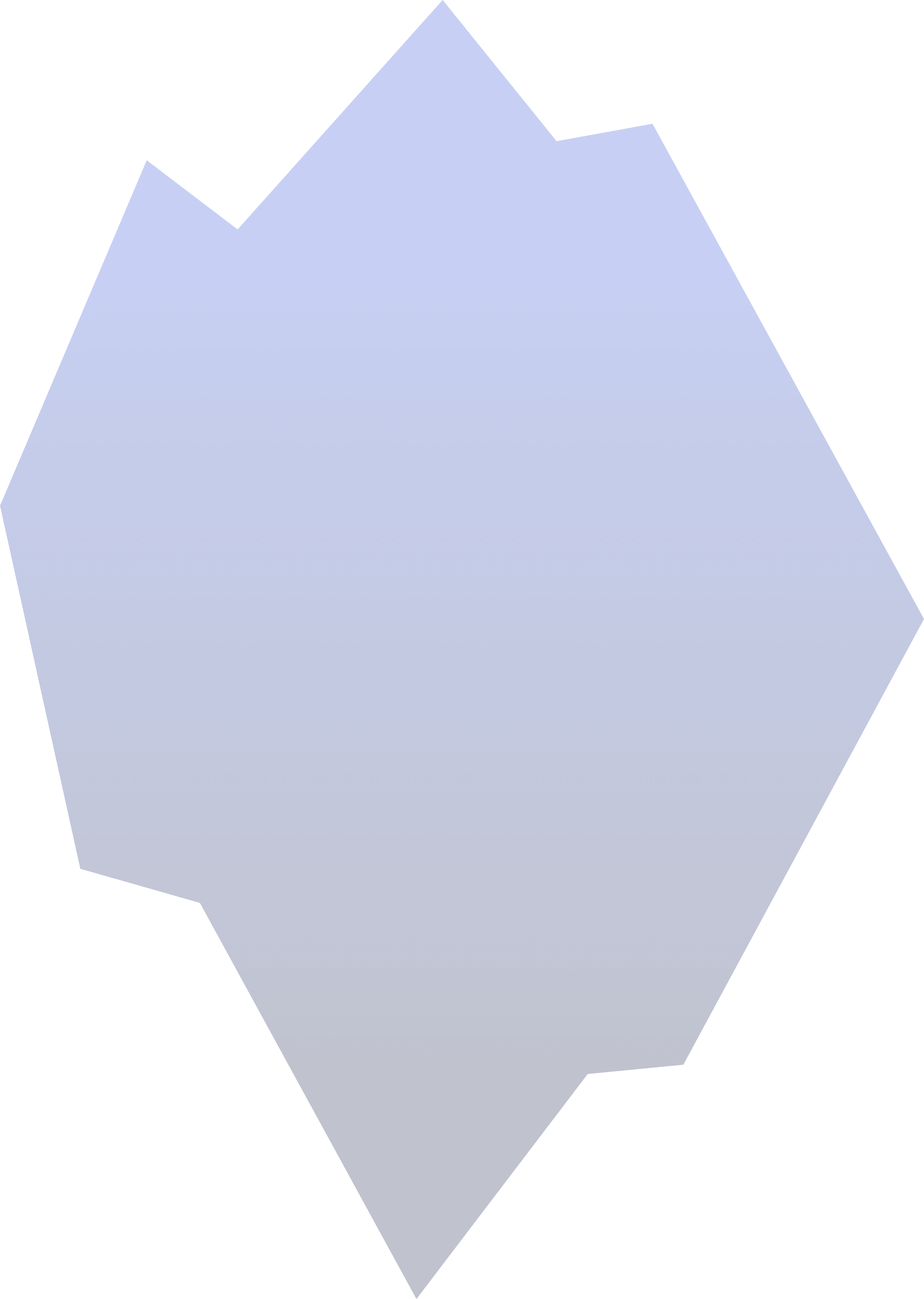What’s the
systemic story?
When it comes to the systems that create racial inequity, the public often only sees the tip of the iceberg . The missing context can make it difficult for audiences to connect to bold calls-to-action that build on deeper understanding. We’ve adapted an iceberg model to show one way to dive deeper into race and your issue space.
- Who are the messengers?
- What are the stories told about race within your issue space?
- What are the laws and policies that exist that have shaped your issue space?
- How have racial factors contributed to these laws?
- How do the laws in turn impact racial outcomes?
- What institutions exist to uphold the policies in your issue space?
- What was the role of race as these institutions were established?
- What is their role in the storytelling about race and your issue?
- What are the historical roots of your issue space, and how was race a factor?
- Was it factored in harmfully, or not considered as a factor at all...?



You see stories labeling black and brown people as criminals. Those stories tell you that “bad people do bad things”, and that those bad people keep us from being safe.
But what these stories won’t tell you is the truth about the underlying system that keeps some folks labeled as “bad”, and how it literally colors our ideas about community safety.
Many see current laws as the product of deep-seated racism and the rush to control and discard people who threaten white supremacy.
Policies that don’t seek to overturn these laws keep this dynamic in place and distract us from demanding what it really takes to build safe, thriving communities.
The system includes obvious players like police, courts, and prisons.
But lawyers, elected officials, and legislators who upload the law are also faces of power though not necessarily justice, safety, or equity.
The system we know today was once the American slavery system.
It was rooted in exploitative power and racist dehumanization.
We’ve maintained this model as the basis of today’s criminal justice system, even though it has nothing to do with equity, justice, or safety.
-
Acknowledgements & Thanks
This thinking has been inspired and informed by our ongoing work with partners, clients, trainers, and our ever-growing network of equity-committed staff and contacts. To learn more about Purpose’s work toward an open, just, and habitable world, please reach out to weare@purpose.com.
-
Select Sources & Further Reading
-
Racial Equity at Purpose
Purpose’s mission is to build and support movements to advance the fight for an open, just, and habitable world.
We believe that racial equity, both within our company and integrated into the work we do with clients and partners, is key to achieving this mission.